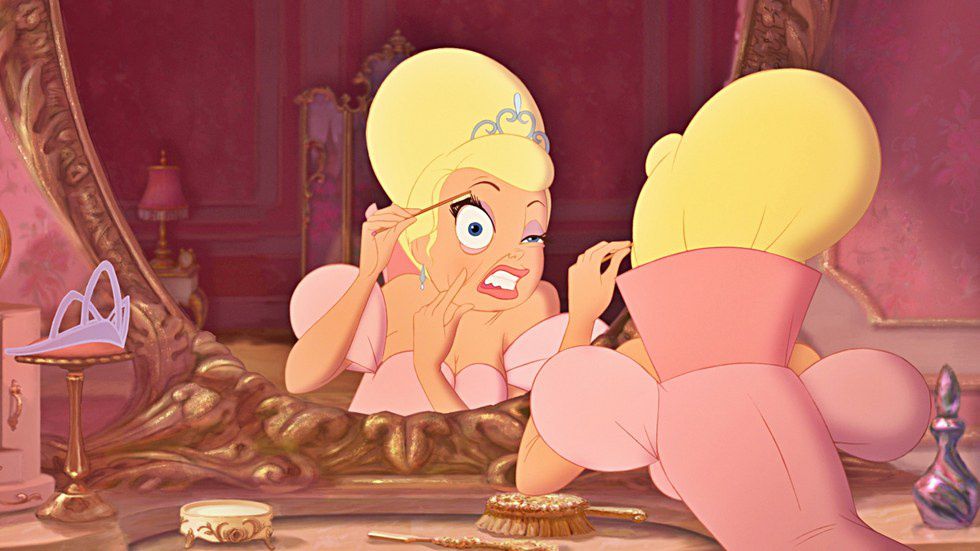The oldest, most beloved stereotype about Southern women is the Southern Belle. First, we must establish what that is:
A Southern Belle is like Scarlett O'Hara; she wears white gloves and pearls; she is a sorority girl, a loving daughter, later a trophy wife, a cook, a good hostess, and an over-bearing mother; she is also patient, polite, ladylike, flexible, agreeable, pretty, fashionable, composed, meek, feminine, passive, domestic, wealthy, quiet, submissive, philanthropic, religious (but not too religious), and white.
Recommended for you
Also, see Scotty McCreery's music video for his song "Southern Belle" for a truly visual representation of the sexualization of young girls and the double-edged sword of domesticity and sexuality (i.e. "she's dukes of hazard in her daddy's car").
So we're all trying to look like this (and behave like we think this looks):
This is, quite obviously, unattainable--inarguably so--because we can't all be Reese Witherspoon and Reese probably isn't even this Reese (she's a less put-together Reese). [Side note: how cute is that teacup pig though?!]
Instead, as we try to attain (posed/photoshopped/hair stylist tampered) Reese Witherspoon levels of Southern perfrection, we end up looking like this:
The reality of the Southern woman has always been someone hard-working, authentic, and flawed. Because of the rural background and poverty of generations of Southern women, they were forced to take on the brunt of domestic labor, if not more than that by working in the fields to boot. Though the wealthy, Scarlett O'Hara-esque few were, in fact, treated like "dream-child[ren]," most were down in the dirt day after day, slaving away at churning butter or selling their fresh produce to make sure their own children got fed.
This was especially true for the black women of the South:
"The typical black woman in the South is a cook, housekeeper, nursemaid, or all three wrapped up in one for at least one white family. Therefore, she is the double matriarch of the South, raising her own family and the families of her white employers."
And while things have changed for the better with the onset of industrialization and race & gender equality movements of the past, what sets the South apart from the rest of the country is that change here is gradual, it comes slower (and often with more resistance).
Tune in next week for the our installment on men v. women's roles in the South.



















